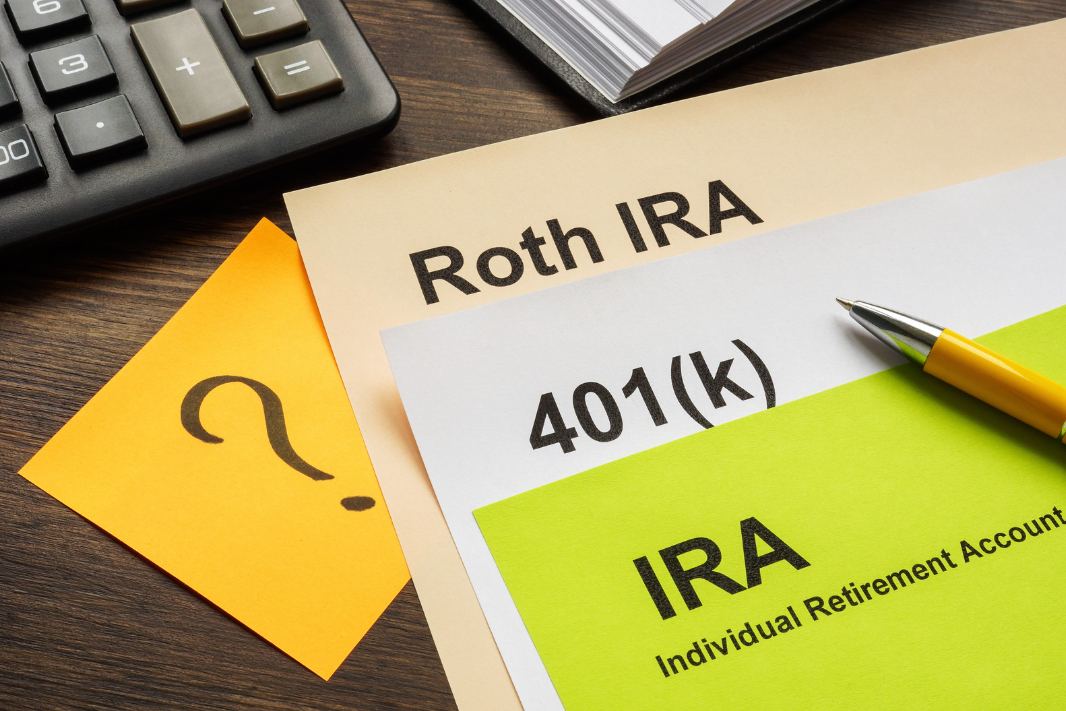Tips for Maintaining Mental Well-being as Seniors

Mental well-being is crucial for everyone, but it becomes even more critical as we age. As we grow older, we experience a range of changes that can affect our mental health. Retirement, loss of loved ones, health issues, isolation, or loneliness are a few examples of such challenges. Therefore, it is essential to prioritize mental well-being as a senior and take steps to maintain it. In this blog post, we offer some practical tips to maintain your mental well-being as a senior.
1. Stay Physically Active: Studies show that physical activity can have a positive impact on our mental health. Exercise can help improve mood, reduce stress and anxiety, and boost self-esteem. Engage in physical activities such as walking, swimming, or chair exercises that suit your mobility and fitness levels. Exercise also helps maintain cardiovascular health and prevent chronic health conditions such as heart disease and diabetes.
2. Stay Socially Connected: As a senior, it can be challenging to stay socially connected, especially if you live alone or in a community with limited social activities. Studies show that social isolation and loneliness can have a significant impact on mental health, leading to depression, anxiety, and other mental health issues. Therefore, it is essential to stay connected with your family, friends, and community. You can join local groups or clubs, attend events, or organize social gatherings to stay connected.
3. Eat a Balanced Diet: Eating a balanced and nutritious diet is essential for maintaining mental health. Eating a healthy diet can help improve mood, increase energy levels, and reduce the risk of chronic health conditions such as diabetes, high blood pressure, and heart disease. Ensure that you include fruits, vegetables, whole grains, lean proteins, and healthy fats in your diet.
4. Engage in Hobbies and Activities: Engaging in hobbies and activities that give you pleasure can help improve your mental well-being. Hobbies such as gardening, reading, painting, or playing an instrument can help reduce stress, improve mood, and promote relaxation. Additionally, engaging in activities that challenge your brain, such as puzzles, crosswords, or learning a new skill, can improve cognitive abilities, memory, and overall brain health.
5. Seek Help if Needed: It's essential to ask for help if you're struggling with mental health issues. It's essential to seek medical advice if you experience symptoms of depression, anxiety, or other mental health conditions. Talk to your healthcare provider, counselor, or therapist and seek treatment and support. Support groups or counsel sessions can be a great option to give you an opportunity to share your feelings and experiences with people going through similar situations or challenges.
Maintaining mental well-being as a senior is crucial for a happy and healthy life. Often, seniors neglect their mental health or think it's normal to feel down or anxious. However, it's essential to prioritize mental health and take actions to maintain it. We've shared some practical tips to maintain your mental well-being as a senior, such as staying physically active, socially connected, eating a balanced diet, engaging in hobbies, and seeking help if needed. Take small steps towards improving your mental health, and remember, it's never too late to start.
Recent Blog Posts:


Get in touch or visit our office.
Sign up for our newsletter and get instant access to our complimentary retirement guide.
Newsletter
We will get back to you as soon as possible.
Please try again later.
© 2023 CFG RETIREMENT
Investment Advisory Services offered through Assured Retirement Financial Group, Inc DBA CFG Retirement. CFG Retirement is a Registered Investment Advisory firm with the SEC.
Insurance services offered through Assured Retirement Group, Inc DBA CFG Retirement. Assured Retirement Financial Group, Inc. and Assured Retirement Group, Inc. are affiliated companies.
Provided content is for overview and informational purposes only and is not intended and should not be relied upon as individualized tax, legal, fiduciary, or investment advice. By contacting us, downloading booklets, or attending events, you may be offered a meeting to discuss how our insurance and other services can meet your retirement needs. The presenters of this information are not associated with, or endorsed by, the Social Security Administration or any other government agency.



